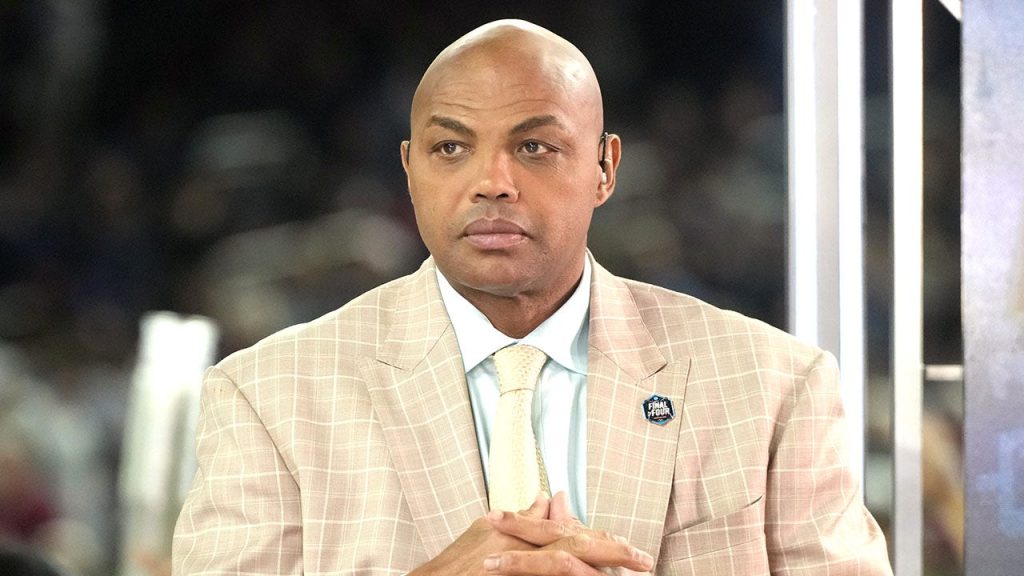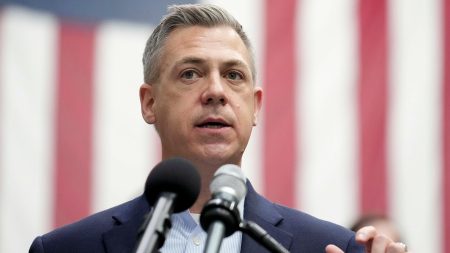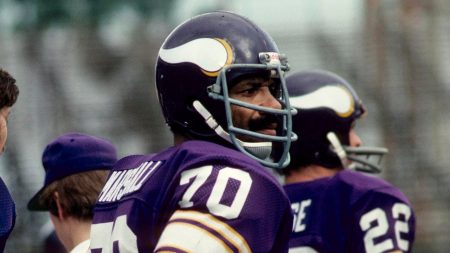Charles Barkley, the outspoken NBA legend and commentator, has consistently voiced his concerns about the growing divisiveness in American society, attributing much of the blame to the manipulative tactics of politicians. His commentary, often delivered with his characteristic bluntness, highlights a fundamental issue plaguing the nation: the exploitation of social and economic anxieties by those in power to maintain their grip and deflect attention from the real problems facing the country. Barkley argues that this manipulation transcends traditional party lines, with both Democrats and Republicans engaging in the practice of dividing the populace for their own gain.
Barkley’s central argument revolves around the idea that the true divide in America is not based on race, religion, sexual orientation, or immigration status, but rather on economic inequality. He believes that the “rich versus poor” dynamic is the underlying tension fueling much of the societal unrest, while politicians cleverly distract the public by focusing on emotionally charged social issues. This strategy, according to Barkley, effectively pits different groups against each other, preventing them from recognizing their shared economic struggles and uniting against the true source of their problems – the policies and actions of the wealthy elite who benefit from this division. He asserts that this calculated diversion allows the wealthy to maintain their power and accumulate even more wealth while the majority of the population remains preoccupied with manufactured conflicts.
Barkley’s criticism extends to both sides of the political spectrum. He has been critical of Democratic strategies, accusing them of relying on celebrity endorsements and emotional appeals rather than addressing the real economic concerns of the electorate. He also points to what he perceives as a lack of concrete solutions offered by the party, particularly on issues like immigration and inflation. Simultaneously, he has been vocal about his disapproval of Donald Trump and the Republican Party, accusing them of exploiting racial and cultural anxieties to consolidate power. This bipartisan critique underscores Barkley’s belief that the problem is systemic, transcending party affiliations and reflecting a deeper rot within the political landscape.
Beyond the manipulation of social issues, Barkley also criticizes the political strategy of forcing individuals to choose sides, creating an “us versus them” mentality. He laments this forced polarization, arguing that it prevents meaningful dialogue and cooperation. He emphasizes the importance of finding common ground and working together to address the nation’s challenges, rather than being drawn into manufactured conflicts that ultimately benefit only a select few. He advocates for a more nuanced and pragmatic approach to politics, one that prioritizes problem-solving over partisan bickering. He envisions a society where people are not forced into rigid ideological camps but are free to engage in constructive discussions and work towards common goals.
Barkley’s perspective, delivered with his trademark directness and candor, resonates with many Americans who feel increasingly frustrated and disillusioned with the political landscape. His willingness to challenge both sides of the aisle, coupled with his focus on economic inequality as the root cause of many societal problems, has earned him both praise and criticism. However, his message consistently emphasizes the need for unity and understanding, urging Americans to see beyond the manufactured divisions and recognize their shared struggles. He believes that it is only by acknowledging and addressing this fundamental economic disparity that true progress can be made.
In essence, Charles Barkley’s commentary offers a stark critique of the American political system, highlighting the manipulative tactics employed by politicians to divide the populace and maintain their grip on power. He argues that the true battle is not between different social groups but between the wealthy elite and the rest of the population. He calls for greater awareness of these tactics and encourages Americans to transcend the manufactured divisions, focusing instead on addressing the underlying economic inequalities that plague the nation. His message, while delivered with characteristic bluntness, carries a powerful message of hope and unity, urging Americans to come together and work towards a more just and equitable society.










